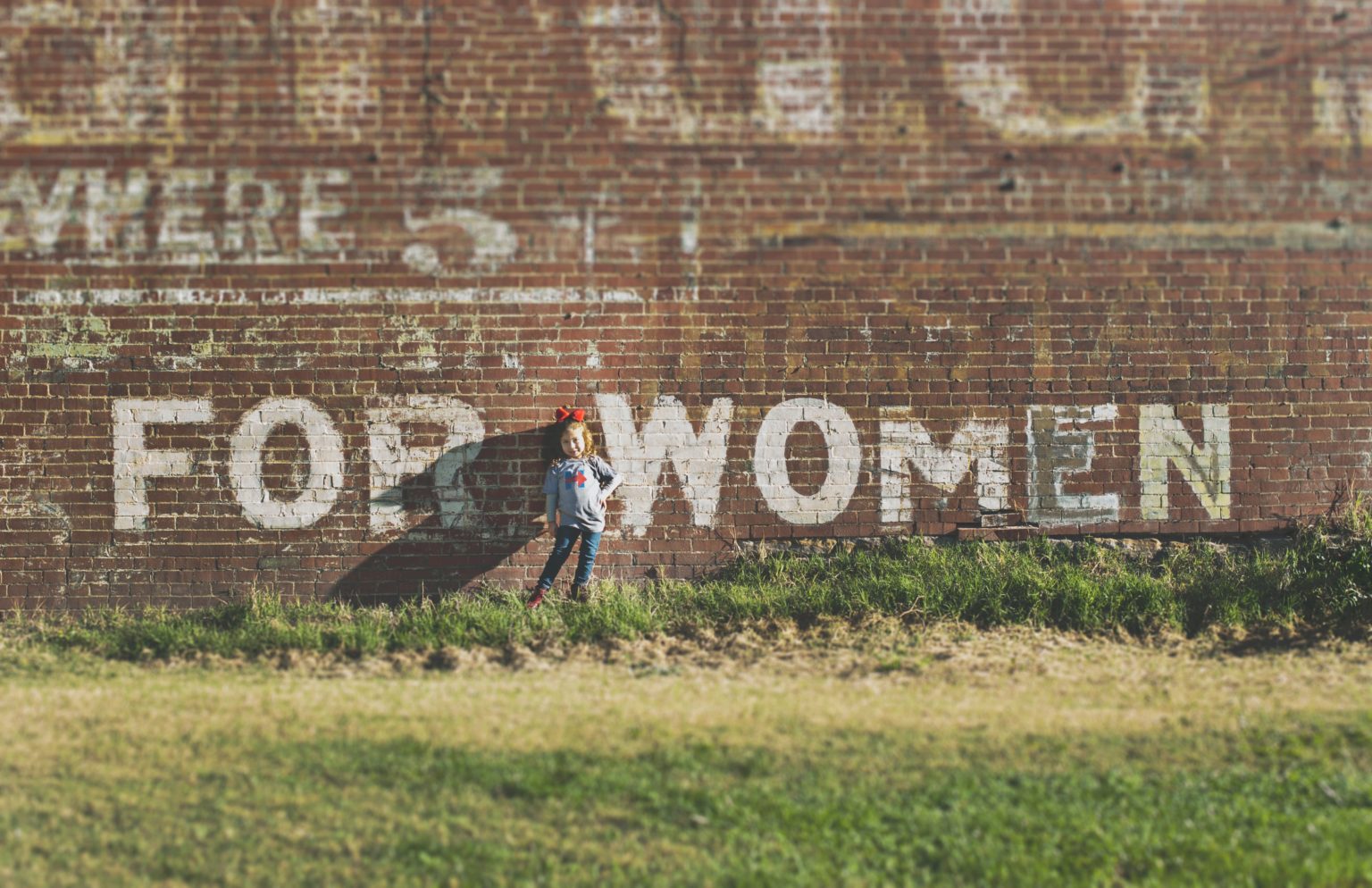The Diotima Centre is deeply concerned about the upsurge in domestic violence, in the midst of a COVID-19 pandemic; at a time when it is objectively difficult for survivors to access protection.
Serious fears of an increase in cases of domestic violence are raised by the unprecedented situation we are living in: This is demonstrated both by earlier international scientific studies of epidemics, natural disasters, etc. and by the first empirical data from the countries affected by the pandemic (France, China, Cyprus, Italy).
In the present situation, thousands of women in our country are trapped at home for a long time with their abuser – husband, partner, or relative.
Quarantine and ‘social distancing’ provide a fertile ground for perpetrators to exercise even greater (social) control over their victims, closing off any means of escape.
It was not the quarantine’s fault
Isolation from the survivors’ supportive environment, being cut off from work, and economic insecurity are bound to be additional disincentives to any attempt to escape.
Stress, and fear for (biological and economic) survival, will again be heard – from some media – that they are responsible for further, more intense, and more dangerous violence – arguments that will find favorable ears in a part of society ready to show ‘understanding’ for the perpetrators, finding an alibi for their inaction.
At this critical moment, there is no room for omission on the part of the institutions and organized society. If women who experience abuse are left defenseless, as well as their children, the consequences for their physical and mental health will be multiple and incalculable, and in some cases, their lives may even be at risk.
Increase in calls in Greece as well
In Greece, calls to the SOS 15900 line are increasing, according to recent data released by the General Secretariat for Family Policy and Gender Equality: in March, total calls increased by 16.5%, compared to February (454-390 calls). Calls labeled “incident of violence” had an increase of 16.4% (325-279), while those related exclusively to domestic violence recorded an increase of 6.4% (166-156).
In no way should we be complacent about the seemingly small rise in domestic violence incidents in the first month of the pandemic, given that it is difficult for women to seek help and call the SOS 15900 hotline when they are with their abuser 24/7 when they have difficulty accessing it due to language when they cannot put any escape plan into operation.
In the above, let us bear in mind that the country does not have a reliable database of aggregated data, from all the actors involved in responding to gender violence (Counselling Centres, police, hospitals, NGOs) and therefore we ignore the true extent of the phenomenon.
No room for negligence
Given that the current crisis is making it difficult for victims to seek help and the response system is unable to cope at the usual pace and in the required manner, it is necessary to take immediate action:
► For the movement of survivors to the police authorities, as the movement documents do not, to date, provide for going to a police station to report domestic/sexual violence.
► For the housing of survivors, as the overcrowded shelters do not accept new cases.
► For the uninterrupted communication of survivors with support structures, as it is extremely difficult to communicate by telephone.
► For the judicial protection of victims, as in the midst of a court suspension, it is extremely difficult, if not unlikely, to file applications for interim measures (even at the level of a temporary injunction) to remove the abusive spouse/partner and/or to obtain restraining orders not to approach the victim, even for very serious cases that should be considered urgent.
► For police protection of victims of domestic violence, there are reports from women that complaints are hardly received by police stations and that the auto-custody procedure for the arrest of the perpetrator is rarely initiated.
In light of the above, we call on the General Secretariat for Family Policy and Gender Equality and the relevant Ministry to take immediate emergency measures to support those affected by the pandemic. Specifically:
► Issue of a clarifying directive by the Greek Police for the free movement of women who claim the risk of domestic/sexual violence.
► Operation of the Domestic Violence Departments of the Greek Police and a directive, specifically for the present situation, for the search and arrest of perpetrators under the procedure of in flagrante delicto, as well as the imposition of restraining orders by the Public Prosecutor’s Office.
► Institutionalisation of the protection of women through the establishment and appointment of domestic violence prosecutors.
► Provision of hotels and other places to house women who have been abused and whose immediate removal of themselves and their children is necessary.
► Operation of the 15900 Line with sms and help desk for immediate, seamless, and safe communication between professionals and survivors, following the example of other European countries.
Diotima Centre
8/4/2020
photo by Katherine Hanlon





